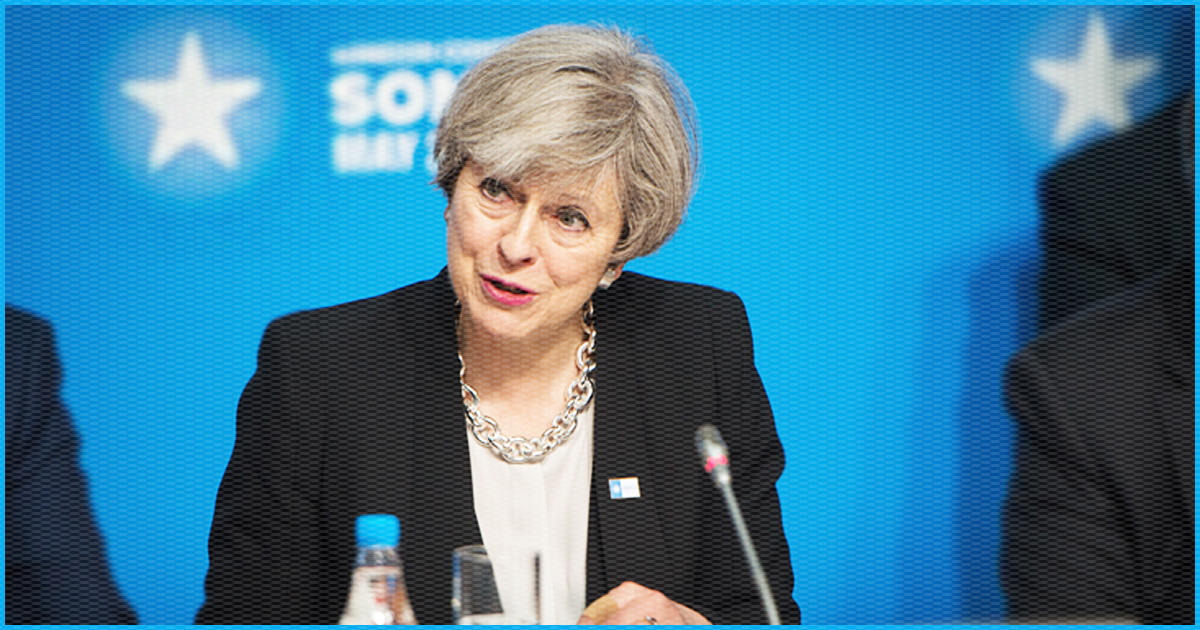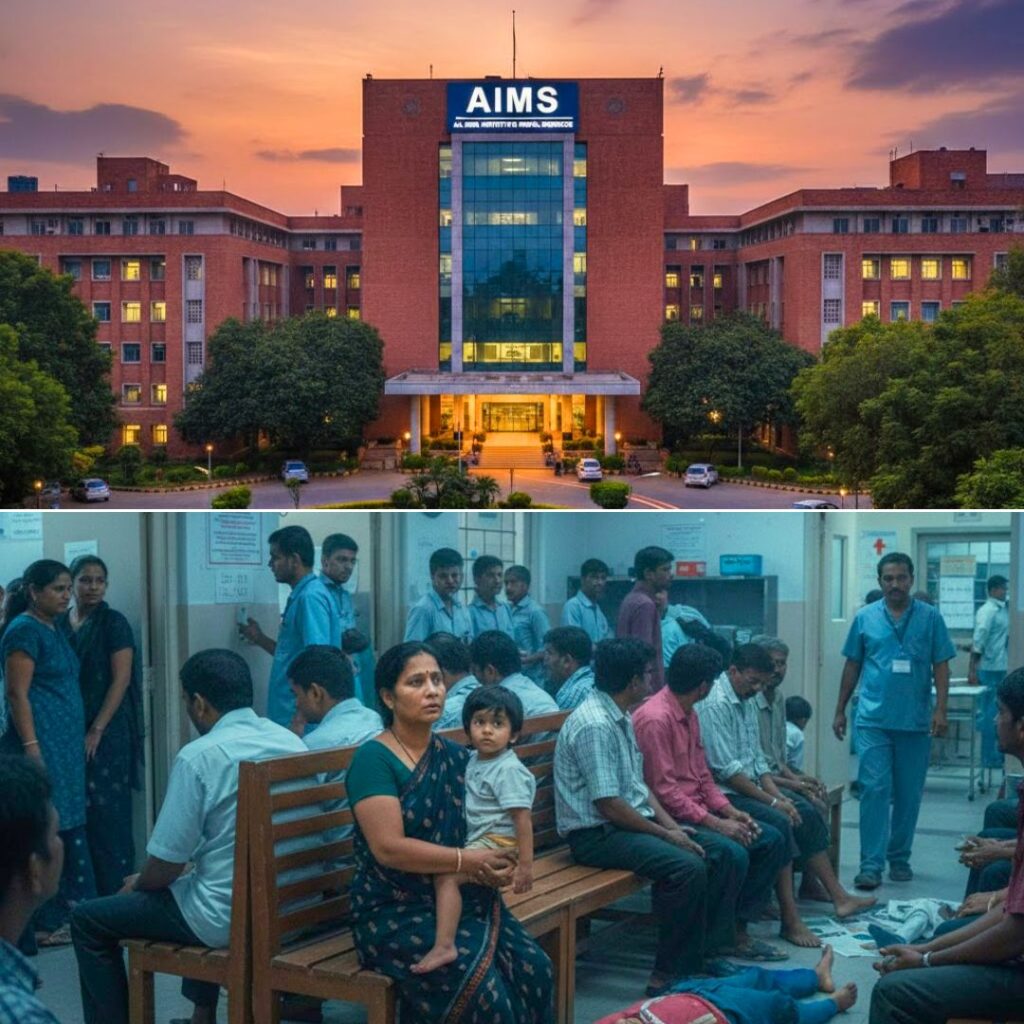British Prime Minister Theresa May on Tuesday, October 2, announced a major post-Brexit overhaul of the country’s immigration system which will end preferential access for European Union workers after Brexit. Reportedly, she said that the new system would be aimed at providing a level playing field for nationals of all countries. It must be noted that immigration was a key issue during the Brexit campaign before the 2016 vote.
May said in a statement, “When we leave (the EU) we will bring in a new immigration system that ends freedom of movement once and for all. For the first time in decades, it will be this country that controls and chooses who we want to come here.” She also said that the new system will be skill based. Firstpost reported that the UK government also said that the new skill-based system will ensure that the low-skilled immigration is brought down. The new system is expected to be in place by 2021 once the transition period for Britain’s exit from the EU is complete.
How will the new immigration norms affect Indians?
While on one hand Indian citizens and other non-EU citizens will have the same immigration rights like that of EU citizens, the new system will impose greater restrictions on the ability of an Indian worker’s family to go to the UK. Under the new system, companies are obliged to sponsor the families of the high-skilled officials. This means that the potential cost of businesses would go up. Under the existing system, workers can bring their families over if they are able to meet certain criteria like crossing a particular salary threshold.
Harsev Bains of the Indian Workers Association told The Hindu, “The system is already extremely restrictive for workers from India and this is going to make it even more so.” He asked whether the employers will now make a distinction between the kinds of people they will hire, for example, married or unmarried.
Pratik Dattani, managing director of EPG Consulting and former UK director of FICCI told the daily that the move is going to make immigration difficult for both EU and non-EU citizens and that immigration is clearly being treated as the most important topic in Brexit.
The new UK immigration laws
Reportedly, the proposals follow an important government-commissioned report from the Migration Advisory Committee (MAC) which talked about giving priority to the high-skilled workers. Under the EU’s current free movement rules, citizens from within the 28-member economic bloc have been able to enter the UK freely and look for work on arrival. However, non-EU citizens like those from India are subjected to strict visa norms. The current cap on the number of skilled workers is 20,700 per year for migrants from countries like India, which the committee has thought should be done away with.
Reportedly, politicians and businessmen have also expressed concerns over the impact the measures would have on the UK economy. It has been claimed that all levels of skills matter in the UK economy and the proposed norms would risk worsening the existing labour shortage.
While the details of the new immigration laws are yet to be unveiled, the greater restrictions on bringing the family of workers are likely to pose challenges for both the employer and the employee.
Also Read: Good News For Indians Residing In US; No Change In H-1B Visa












